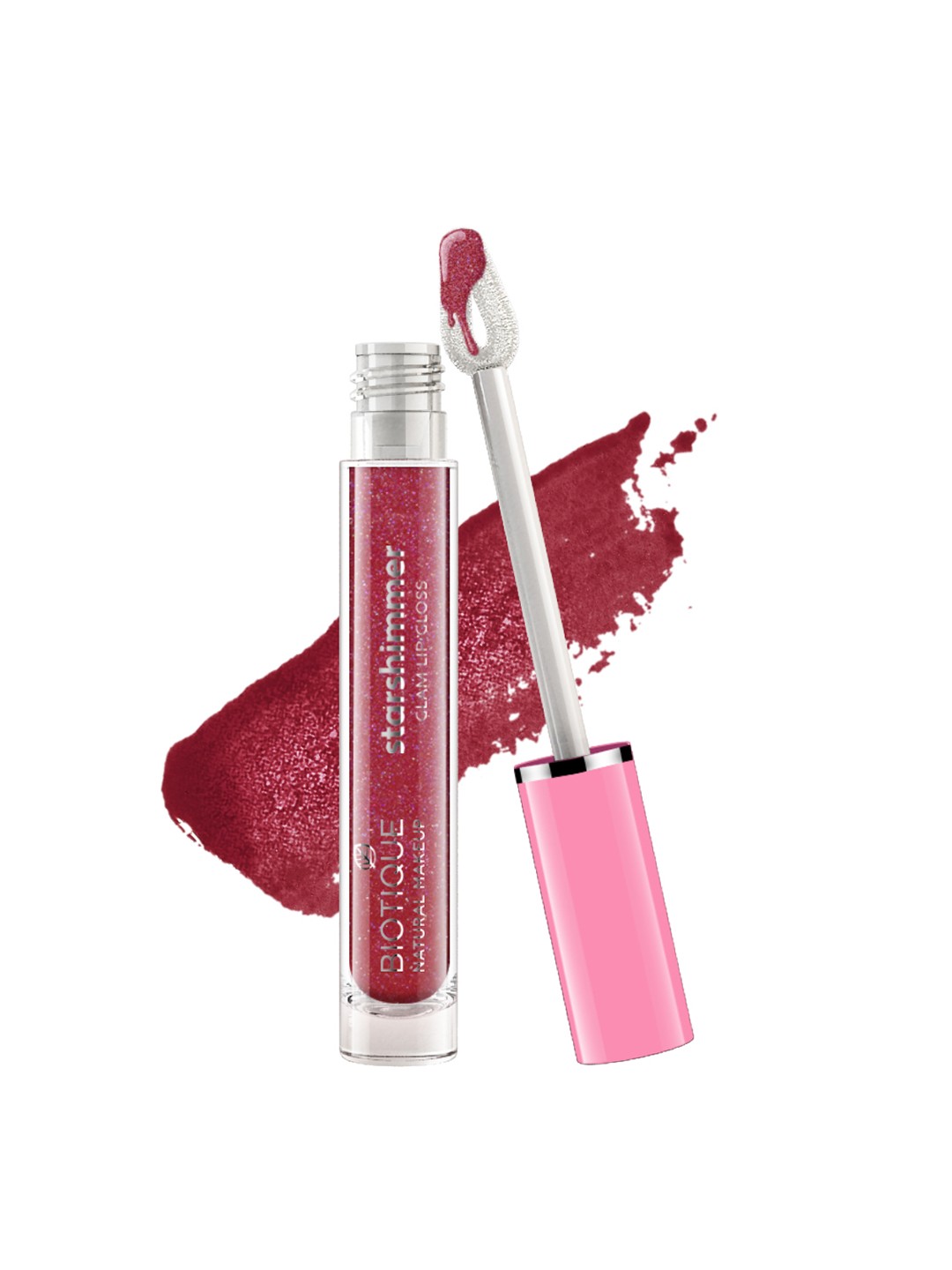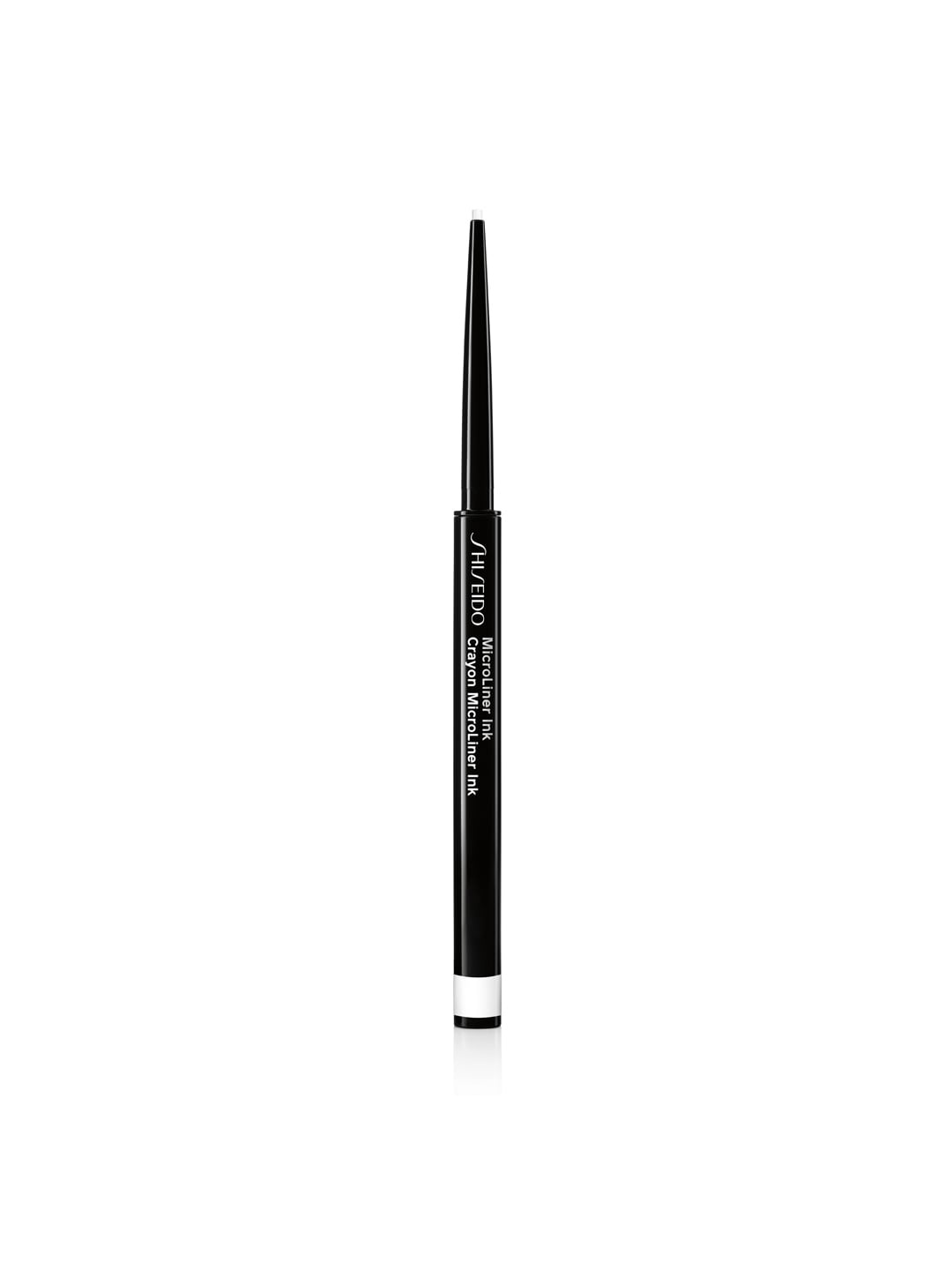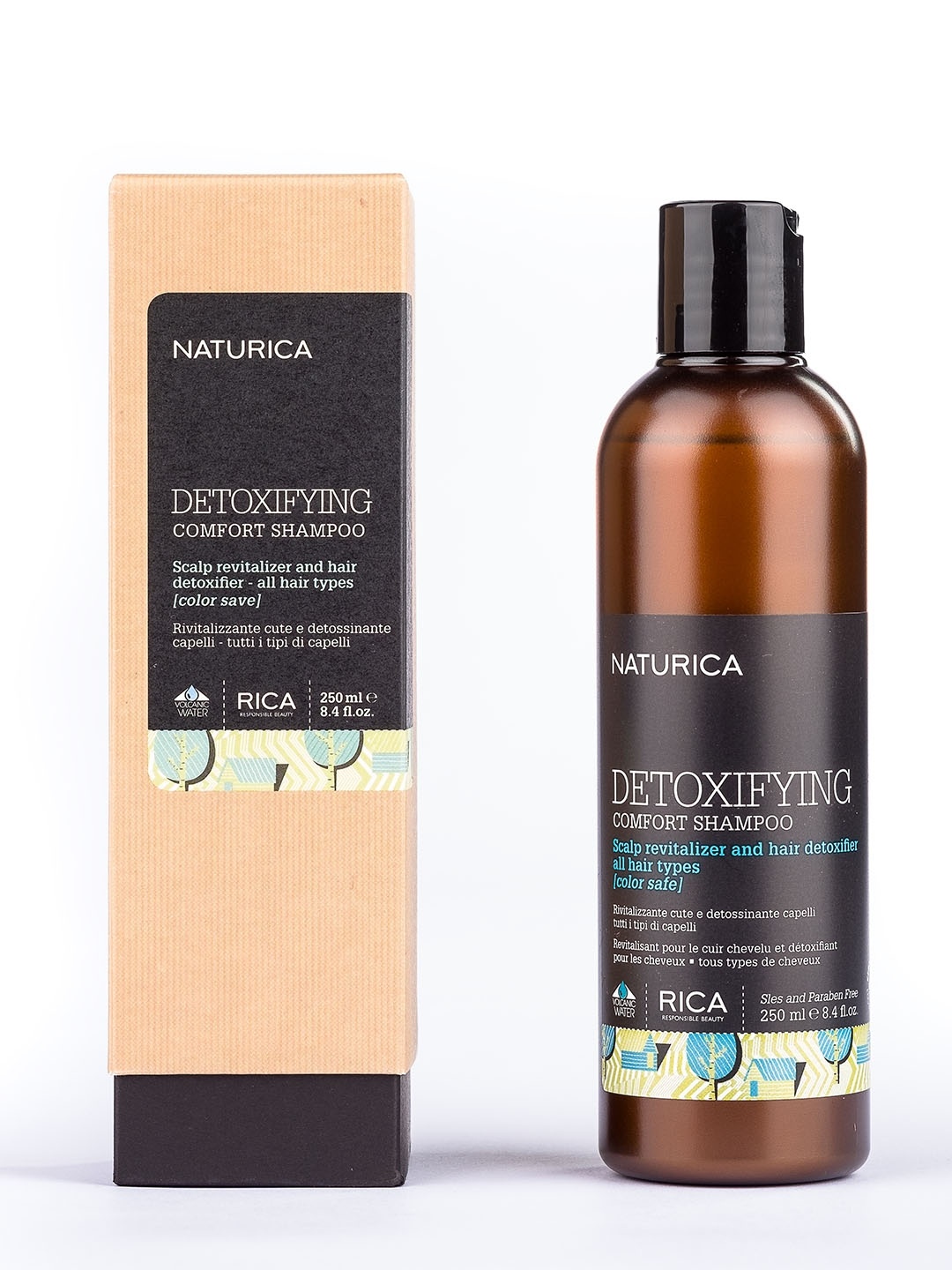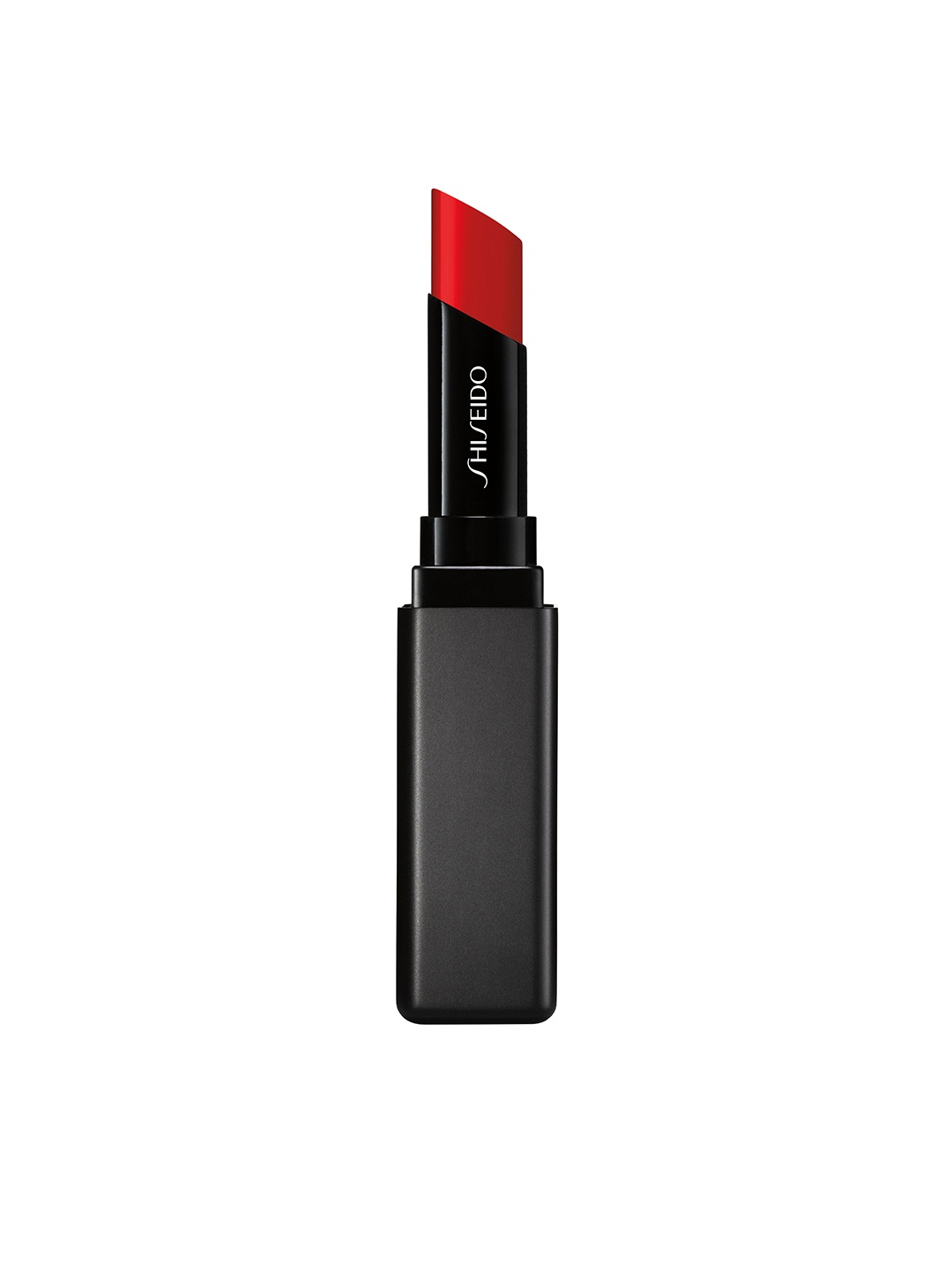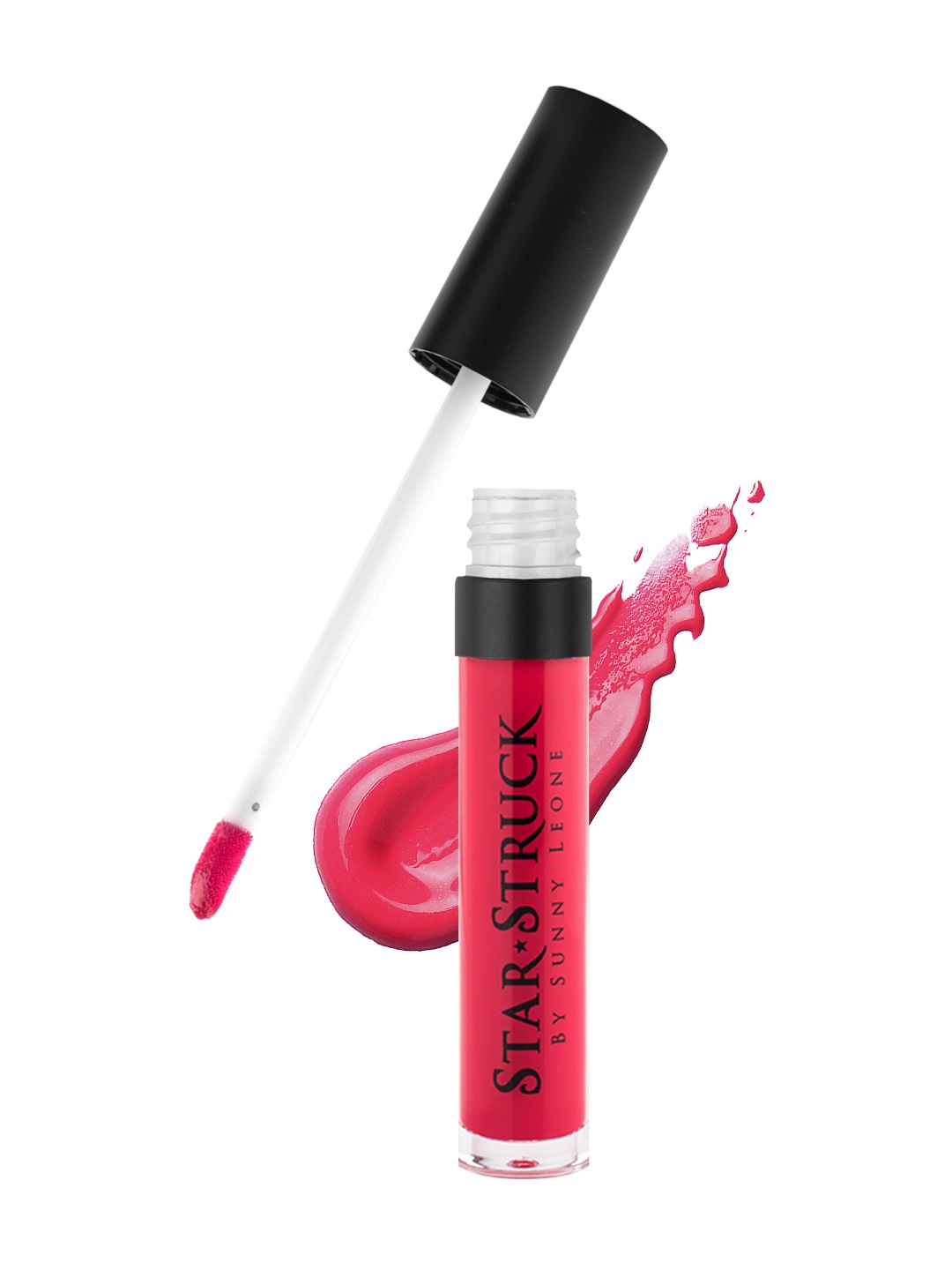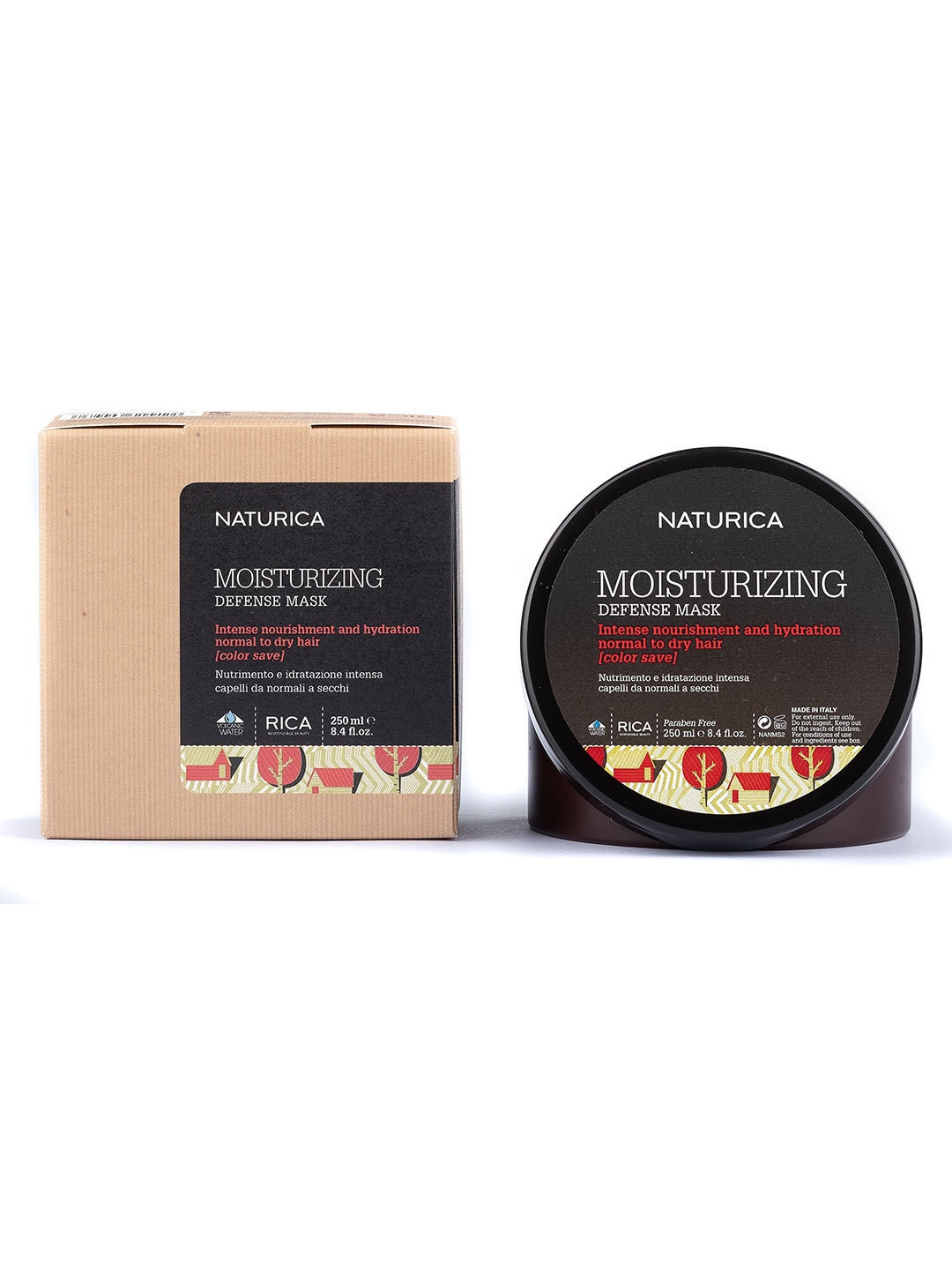Eye Cream Myths Debunked: What They Really Do for Your Skin
From beauty store shelves to online shopping carts, eye creams promise miracles in a tiny jar. Let us separate the myths from the facts and uncover what eye creams actually do for your skin.

Eye Cream Myths Debunked: What They Really Do for Your Skin
The skincare aisle can be overwhelming. Rows of colourful bottles, jars, and tubes stare back with promises of eternal youth. Among them, eye creams often stand out as little pots of hope, marketed as the magic bullet for dark circles, puffiness, and fine lines. The price tags don't help either, some can cost more than a month's supply of groceries, making one wonder if the potion inside truly holds that much power.
The truth about eye creams lies somewhere between marketing hype and genuine science. Eyes are delicate, yes, but are they so unique that they need an entirely separate cream? Or is a good moisturiser enough? With so many myths floating around, it's easy to be swayed. But let's pause, sip some chai, and dive into what's real and what's just glossy advertising.

Eye Cream Myths Debunked: What They Really Do for Your Skin; Photo Credit: Pexels
Common Eye Cream Myths and the Truth Behind Them
Myth 1: Eye Creams Completely Erase Dark Circles
Dark circles are one of the biggest skincare concerns. People spend thousands of rupees on tiny jars hoping to wake up looking like they've slept for ten hours straight. The harsh truth? Eye creams can help, but they cannot erase dark circles entirely.
Darkness under the eyes often has multiple causes, genetics, lack of sleep, pigmentation, or even thin skin that reveals blood vessels underneath. No cream in the world can rewrite DNA or give you eight hours of shut-eye. However, good eye creams with ingredients like vitamin C, niacinamide, or liquorice root extract can brighten skin slightly and improve its appearance.
A relatable example? Think of eye creams like concealer's supportive cousin. They prep the area, hydrate, and smoothen things out, but don't expect them to cancel late-night Netflix binges or a stressful work week. At best, they make you look fresher, but the “miracle eraser” tag is a myth.
Myth 2: Expensive Eye Creams Work Better
The skincare market thrives on price psychology. A ₹6,000 eye cream feels like it must be better than a ₹600 one. But is that true? Not always.
Most eye creams, luxury or affordable, contain similar base ingredients: humectants for hydration, emollients for smoothness, and active ingredients for targeted concerns. What makes luxury products costlier is often the branding, fancier packaging, and sometimes a slightly more refined texture. Does your skin know the difference between a ₹600 cream and a ₹6,000 one? Not really.
Affordable options from trusted pharmacy brands often contain clinically proven ingredients without burning a hole in your pocket. Remember, it's the formulation and ingredient list that matter, not the logo on the jar. Think of it like buying rice, whether you buy it from a premium supermarket or your local kirana, the nutritional value remains the same if the quality is good.
Myth 3: Eye Creams Alone Can Cure Puffiness
Morning puffiness is something most people know too well, especially after a late-night biryani feast or salty snacks during a cricket match. Many believe an eye cream alone can instantly de-puff eyes, but that's only partly true.
Puffiness often stems from lifestyle factors, high salt intake, fluid retention, allergies, or simply not drinking enough water. While eye creams with caffeine or cooling gel textures can temporarily reduce swelling, they can't fix the root cause. It's like pouring cold water on a hot paratha; it cools for the moment, but the heat returns unless you adjust the flame.
A better approach? Combine an eye cream with lifestyle tweaks, reduce salt before bedtime, sleep with an extra pillow for drainage, and hydrate well. Some even swear by keeping eye creams in the fridge for that soothing coolness. The cream helps, but it's teamwork with your daily habits that wins against puffiness.
Myth 4: One Eye Cream Fixes Every Concern
Walk into a beauty store, and you'll see eye creams promising to fight dark circles, puffiness, wrinkles, and even crow's feet all in one go. It sounds tempting, but is one cream really enough for all these issues?
Each eye concern has a different cause. Fine lines may need retinol or peptides; dark circles may respond better to brightening agents like vitamin C; puffiness benefits from caffeine. Expecting one formula to fix everything is like asking one masala to flavour every dish in your kitchen. Possible? Maybe. Ideal? Not at all.
A targeted approach works better. If dark circles bother you most, choose an eye cream designed specifically for pigmentation. If wrinkles are your main concern, look for peptides or retinol. Reading ingredient labels helps you pick what suits your needs instead of falling for the “all-in-one” fantasy.
Myth 5: Eye Creams Instantly Erase Wrinkles
The most dramatic promises often come from anti-ageing eye creams. They're sold as magic solutions that can smoothen wrinkles overnight. Reality check: wrinkles don't vanish in a week, and certainly not in a night.
Wrinkles form due to loss of collagen and elastin, often accelerated by sun exposure and ageing. Eye creams with retinol, peptides, or hyaluronic acid can improve the look of fine lines over months, not days. It's like planting a tree, you water it daily, nurture it, and only then does it grow. Expecting instant results is bound to disappoint.
That said, consistent use of the right ingredients does pay off. Over time, eye creams can make the skin smoother and more plump, reducing the harshness of wrinkles. But “erase”? That's marketing drama. Prevention with sunscreen and healthy lifestyle choices works far better than chasing miracle creams.
Also Read: Choosing Between Shaving Cream, Shaving Foam, And Shaving Gel: Which One Is Better?
Myth 6: Eye Creams Are Just Fancy Moisturisers
This one causes the most confusion. Many argue that eye creams are simply moisturisers in smaller jars with inflated prices. While there's some truth to that, there are differences worth noting.
The skin around the eyes is thinner and more delicate than the rest of the face. Eye creams are often formulated to be lighter, less greasy, and free from heavy fragrances that may irritate sensitive eyes. Some also contain targeted ingredients in concentrations safe for the delicate area.
That said, if your regular moisturiser is gentle, fragrance-free, and contains actives like hyaluronic acid or peptides, it can double up as an eye cream. Think of eye creams as a tailored kurta stitched for a perfect fit, while moisturisers are like ready-made outfits, sometimes they work just as well, but other times you appreciate the customised touch.
Myth 7: Only Women Need Eye Creams
Beauty marketing has long painted skincare as a women's territory, leaving men with the bare minimum. But the truth? Eyes don't care about gender. Puffiness, dark circles, or wrinkles affect everyone equally.
In fact, men often face deeper wrinkles due to thicker skin and shaving habits. Late nights at the office, endless cups of chai, and hours spent staring at screens don't discriminate between genders either. So why should eye creams?
More men are now embracing skincare routines, and rightly so. Using an eye cream is not about vanity, it's about self-care. After all, looking fresh and awake is a universal desire, whether you're heading to a boardroom meeting or a family function.
Myth 8: Starting Eye Creams Young Prevents Ageing
The fear of ageing drives many to start using eye creams in their early 20s, hoping to “prevent” wrinkles before they appear. While caring for skin early is wise, it doesn't guarantee eternal youth.
What truly helps in prevention is sunscreen. UV damage is the number one cause of premature wrinkles. Eye creams with antioxidants can support, but they can't act as shields against sun damage. Think of it as preparing for an exam, notes (eye cream) help, but attending lectures (sunscreen) is essential.
Starting eye creams young can help with hydration and build a habit of skincare, but expecting them to stop wrinkles forever is unrealistic. Prevention is more about lifestyle choices, good sleep, balanced diet, stress management, than relying solely on a jar of cream.

Eye Cream Myths Debunked: What They Really Do for Your Skin; Photo Credit: Pexels
Myth 9: Eye Creams Replace Good Sleep and Hydration
Sleep deprivation shows first around the eyes, dark circles, puffiness, and dullness. Many believe slathering on an eye cream will cover up those all-nighters. Unfortunately, no cream can replace the healing power of rest.
Hydration plays an equally vital role. Dehydrated skin looks tired, and eye creams can only do so much without enough water intake. Drinking water and sleeping well are the true elixirs of glowing eyes. Eye creams complement these habits but cannot substitute them.
It's similar to relying on sugarcane juice to survive while skipping meals. Refreshing? Yes. Sustainable? Absolutely not. A balanced approach, adequate sleep, hydration, and skincare, works best for healthier-looking eyes.
Myth 10: Eye Creams Deliver Visible Results Overnight
The instant gratification culture has seeped into skincare too. Many expect to see results overnight after applying an eye cream. But skin biology doesn't work that way.
Most active ingredients, like retinol or vitamin C, take weeks or even months to show visible improvements. Consistency is key. Applying eye cream sporadically and expecting dramatic results is like going to the gym once and hoping for six-pack abs.
That said, some products offer quick but temporary results. Cooling gels may reduce puffiness instantly, or hydrating formulas may smooth the area temporarily. But true, lasting results require patience, persistence, and realistic expectations.
Products Related To This Article
1. Pilgrim 2% Vitamin C Oil-Free Moisturizer with Kakadu Plum & Lime Pearl
2. Nature Glow Herbal Under Eye Gel- Roll On With Caffeine
3. Khadi Natural Powered Botanics Vitamin C Face Cream
4. Nature Glow Herbal Under Eye Cream
5. DOT & KEY Pomegranate Retinol + Caffeine Eye Cream
6. The Derma co. Snail Peptide 96 Under Eye Repair Cream
7. THE ORDINARY Caffeine Solution 5% + EGCG
Eye creams aren't magic in a jar, nor are they a waste of money. They fall somewhere in between, helpful tools when used with the right expectations, chosen carefully based on concerns, and paired with good lifestyle habits.
Instead of being swayed by glossy ads or celebrity endorsements, focus on what your skin needs. Read ingredient labels, consider your budget, and remember that sleep, sunscreen, and hydration often do more for your eyes than any fancy jar.
Next time you pick up an eye cream, think of it not as a miracle worker but as a helpful companion in your skincare journey. And if the price tag feels too steep, remind yourself, a good night's rest and a glass of water are free, and often just as effective. Shop now on Myntra.









